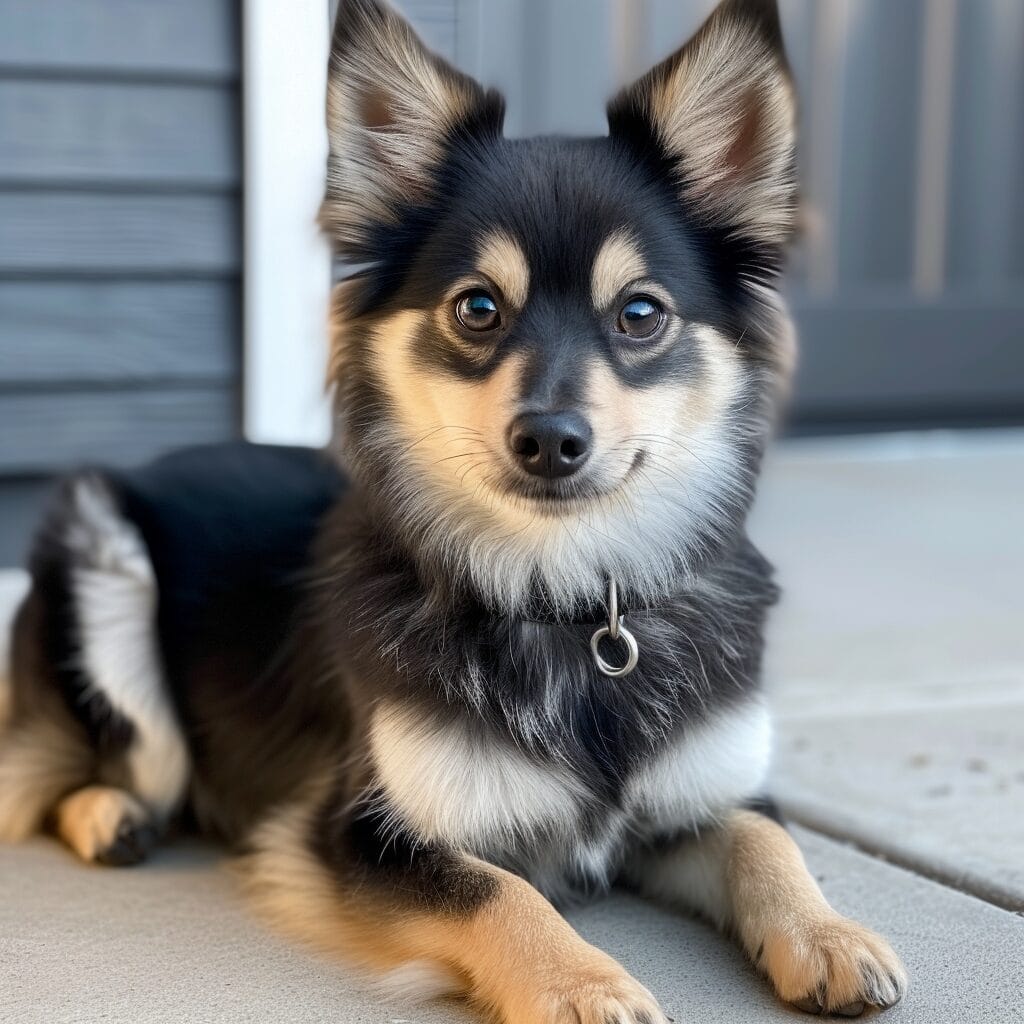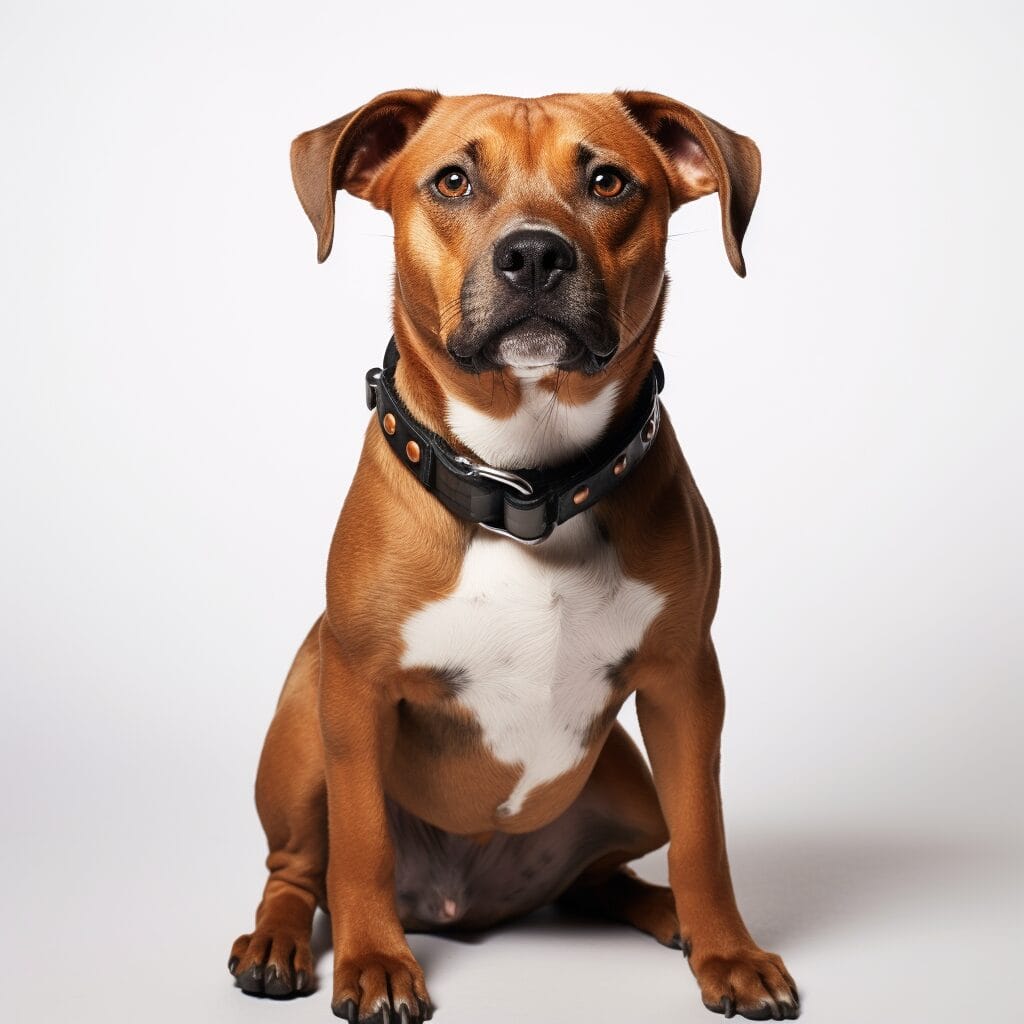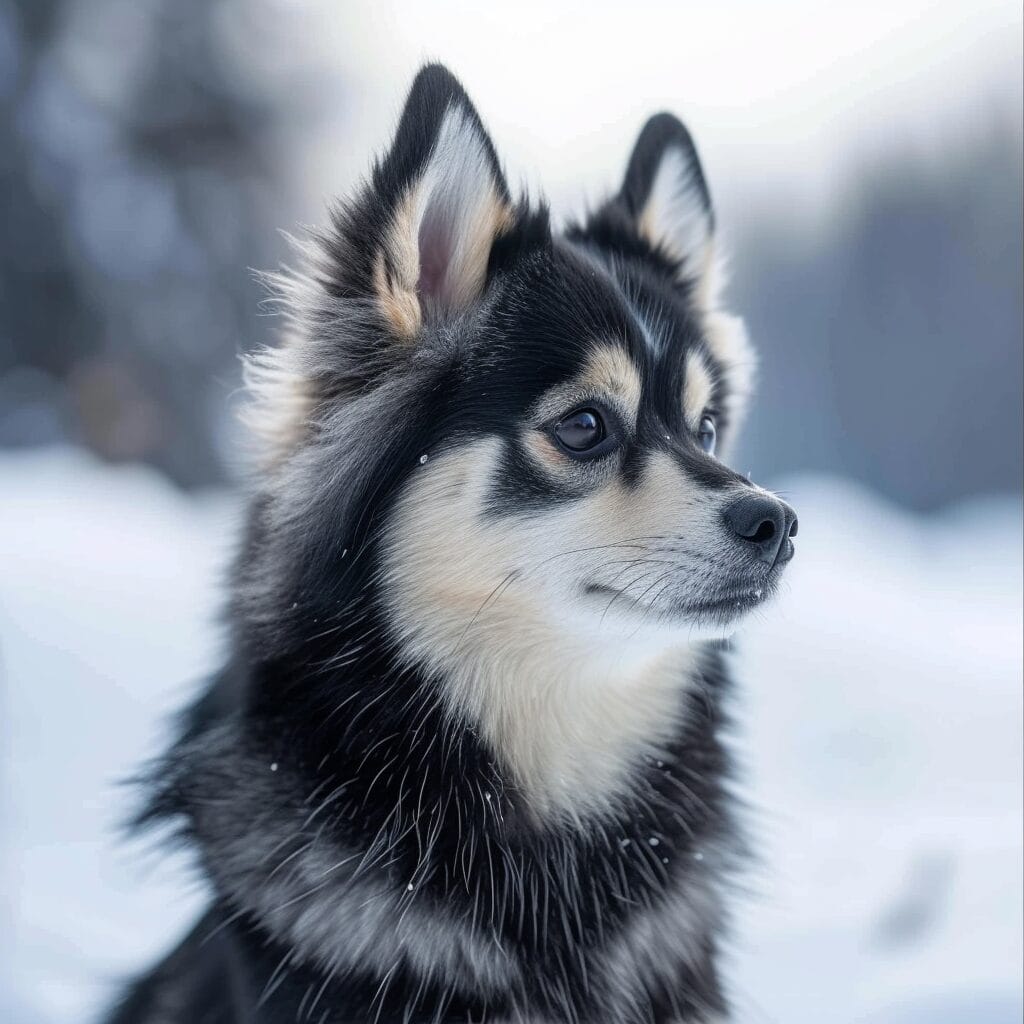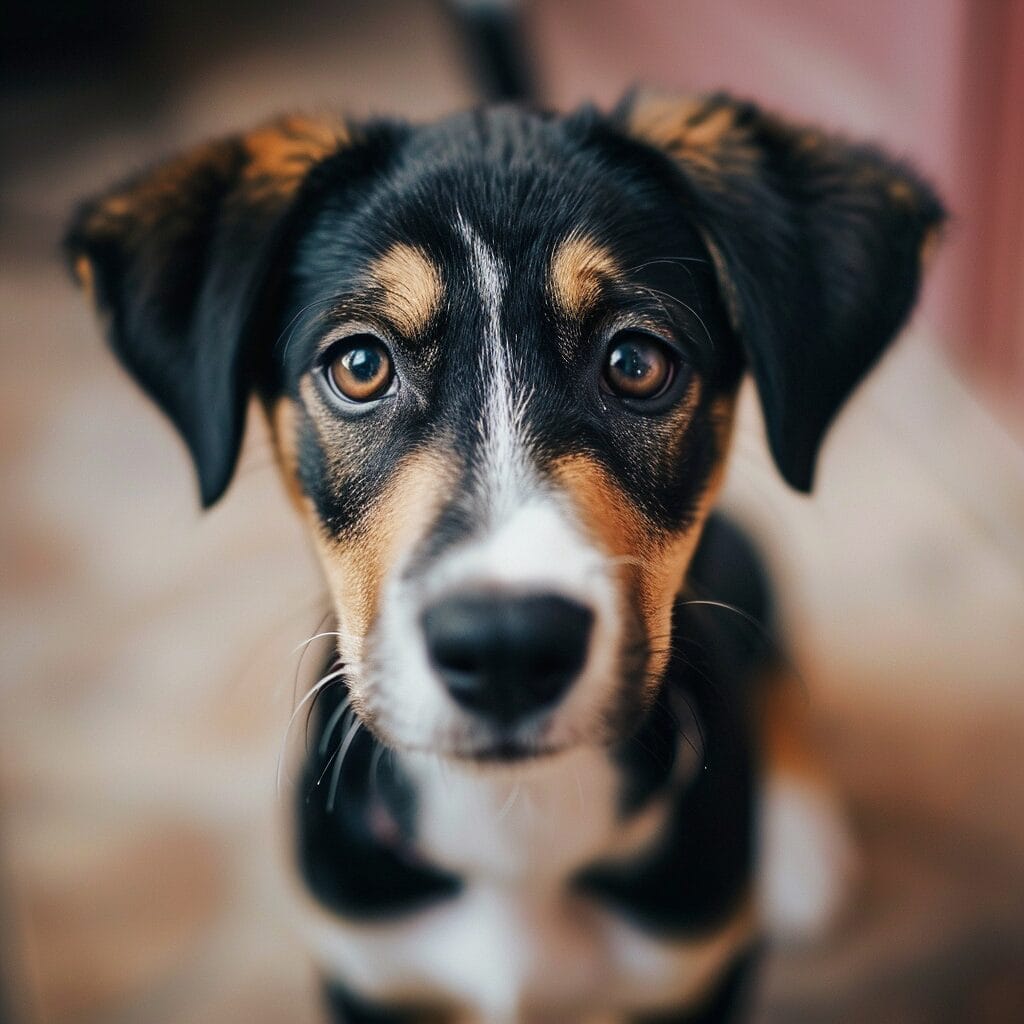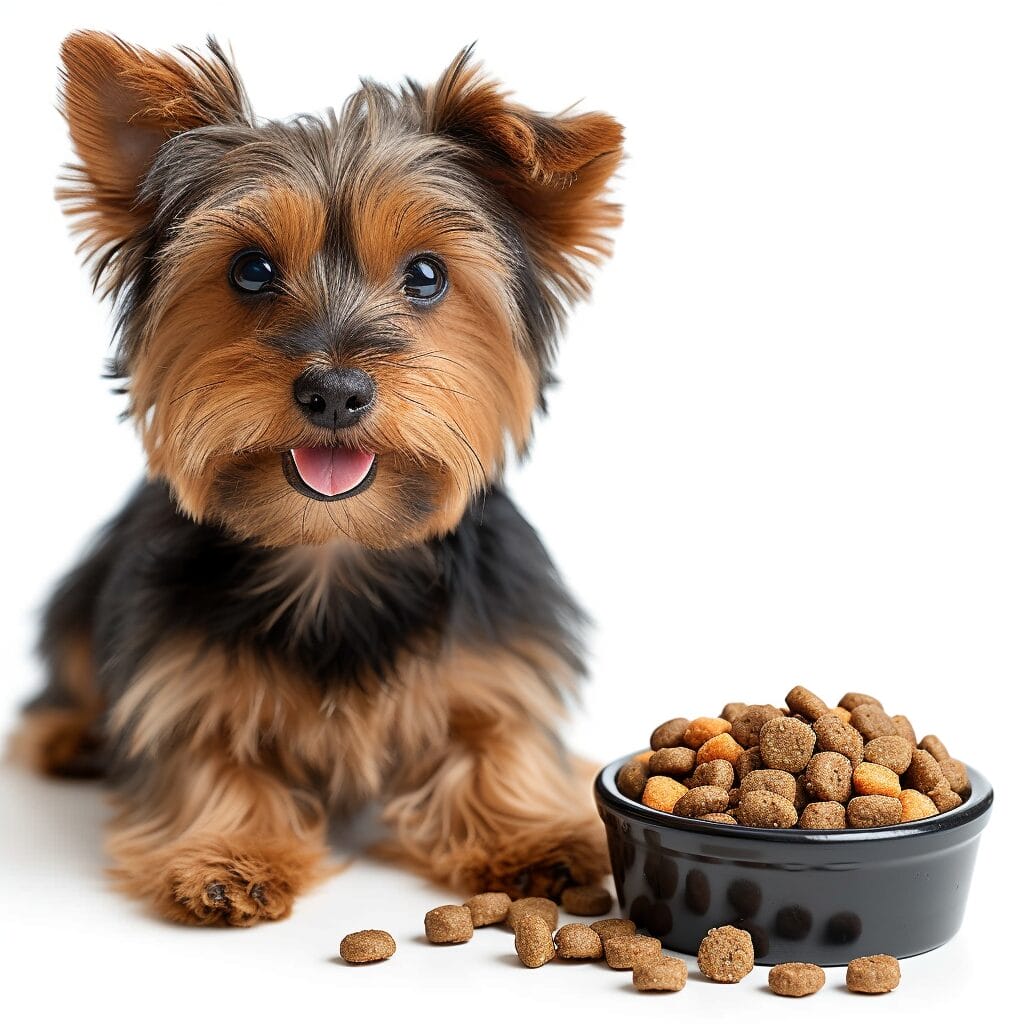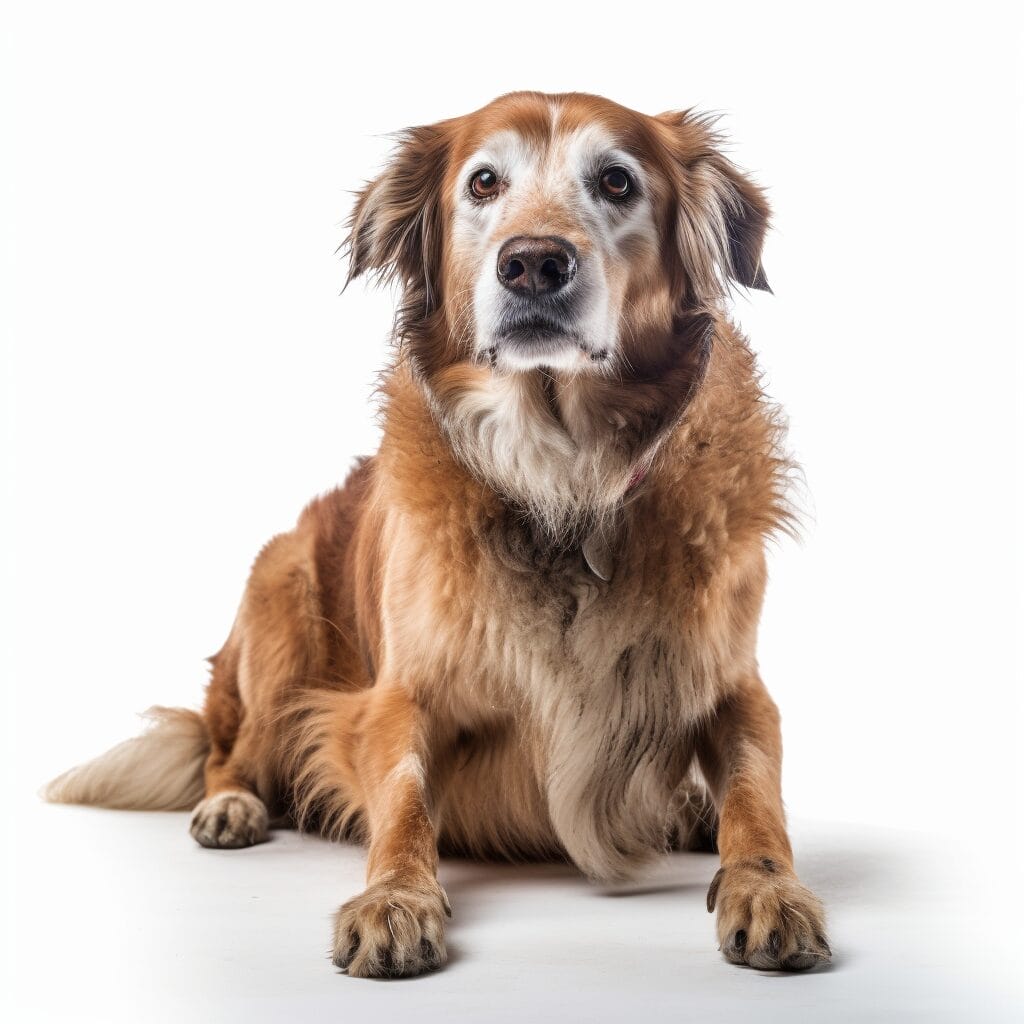Ever wondered why these small dogs come with a hefty price tag? While some may find it baffling, understanding the contrast between supply and demand, breeding standards, and inherent characteristics sheds light on this phenomenon. From their dainty stature to their charming personalities, Yorkies, as purebreds, possess traits that make them highly sought after in the canine kingdom.
Join us as we unravel the mystery behind why purebreds like Yorkies are so expensive and gain insight into what sets these adorable companions apart from other breeds. Whether you’re a seasoned dog enthusiast or simply curious about pet economics, this exploration will provide valuable insights into the fascinating world of Yorkshire Terriers, purebreds, and breeder qualities.
Why Are Yorkies So Expensive?
Breed Rarity and Popularity Factors
Small Dogs
Yorkies are a popular purebred breed because of their small size, lively personalities, and infrequent shedding. Due to their compact size, purebreds are well-suited for apartment living and are often chosen as companion pets.
Their petite stature makes them ideal for individuals or families living in smaller spaces, which has contributed to their widespread appeal. This high demand for Yorkies from breeders drives up the prices of these adorable little dogs.
The small size of Yorkies also makes them easy to carry around, allowing owners to take them along on various outings and travels. Their portability adds to their desirability as pets, further increasing the demand for this breed.
Traits
The rarity of certain coat colors or bloodlines can significantly impact the price of Yorkies. For example, Yorkshire Terriers with rare color combinations such as chocolate and tan or parti-colored coats may command higher prices due to their scarcity.
Furthermore, specific bloodlines known for desirable traits such as exceptional temperament or show-quality characteristics can also contribute to the costliness of Yorkies from those lineages. As a result, breeders often charge premium prices for puppies with these sought-after attributes.
Celebrities’ endorsements and media exposure can drive up the demand for Yorkies, affecting their price. When a well-known figure is seen with a Yorkshire Terrier as a pet or when media features highlight this charming breed, it can create a surge in interest among potential dog owners.
This increased exposure leads more people to seek out Yorkies as pets, ultimately influencing market dynamics by elevating demand levels. Consequently, breeders may capitalize on this heightened interest by adjusting prices according to the amplified popularity driven by celebrity associations and media coverage.
Breeding Standards and Pedigree Validation
Strict Breeding Standards
Reputable breeders uphold strict breeding standards to ensure the quality, health, and adherence to specific physical characteristics of Yorkies. This meticulous process involves selecting only the healthiest and best-suited dogs for breeding purposes. By maintaining these high standards, breeders aim to produce Yorkies that closely align with the ideal traits outlined in the breed standard.
Ethical breeders prioritize the well-being of their dogs by conducting thorough health screenings and genetic testing before initiating any breeding programs. This commitment helps eliminate hereditary health issues that could be passed down to future generations. As a result, these responsible practices contribute to the overall cost of acquiring a Yorkie from such reputable sources.
Genetic tests play a crucial role in identifying potential health concerns within a dog’s lineage. Through this proactive approach, breeders can make informed decisions about which dogs are suitable for breeding while minimizing the risk of passing on genetic disorders. Consequently, this level of care and attention translates into higher prices for Yorkies due to the extensive resources invested in ensuring their good health.
Pedigree Validation
Validating a Yorkie’s pedigree is an essential aspect that significantly influences its price. When purchasing a puppy from an ethical breeder, pet parents seek assurance that it comes from a line of purebred ancestors with documented lineage information. This validation process ensures that each puppy possesses desirable traits consistent with those found in purebred Yorkies.
Furthermore, reputable breeders often participate in dog shows where they present their Yorkshire Terriers for evaluation against established breed standards by experienced judges. Dogs who excel at these events demonstrate exceptional conformation and temperament qualities expected of show-quality animals—factors contributing to their value as pets.
The champion line status achieved by certain Yorkies through successive generations further enhances their desirability among prospective owners seeking top-tier companionship animals or potential show dogs.
Health Testing and Veterinary Care Costs
Regular Health Tests and Vaccinations
Yorkies are known to require preventive care in the form of regular health tests and vaccinations. These essential measures contribute significantly to their overall expense. For example, routine genetic testing ensures that potential health issues are identified early on, allowing for timely intervention. Vaccinations help protect Yorkies from various diseases, ensuring they lead healthy lives.
Moreover, these genetic tests can be quite expensive due to the specialized nature of the procedures involved. The costs associated with such tests add up to the overall price of acquiring a Yorkie. For instance, specific genetic testing may be conducted to screen for allergies or other hereditary conditions commonly found in this breed.
Specialized Veterinary Care Needs
It’s important to note that they can be relatively higher compared to larger dogs. This is primarily because these petite pups have unique needs that require specialized attention from veterinarians. For instance, dental problems are common in Yorkies due to their tiny mouths and delicate teeth structure.
Conditions such as tracheal collapse—a prevalent issue among Yorkshire Terriers—necessitate specialized medical attention which further adds to the overall cost of ownership. Therefore, prospective owners must consider these factors when evaluating whether they can afford the expenses associated with owning a Yorkie.
The Impact of Size and Lifespan on Price
Small Size’s Influence
Size plays a significant role in determining price tag for Yorkies. Due to their small stature, these dogs are often preferred by individuals living in apartments or smaller homes, driving up the demand. This high demand for Yorkies contributes to their relatively expensive price compared to larger breeds.
Yorkies’ small size makes them more manageable for many people, leading to a higher market value. Their petite frame means they require less space at home and during travel, making them an attractive option for potential dog owners.
The popularity of Yorkies due to their small size has led breeders and sellers to maintain higher prices than other breeds with different qualities.
Long Lifespan’s Impact
The longevity of a Yorkie’s life also affects its price tag. These dogs have longer lifespans compared to many other breeds, which means that potential owners will be investing in more years of care and maintenance costs when purchasing a Yorkie.
A longer lifespan translates into additional expenses related to veterinary care, grooming, food, and general well-being over the years. This added financial commitment is reflected in the initial cost of acquiring a Yorkie.
Moreover, the need for regular health testing mentioned in the previous section further emphasizes how maintaining the health and well-being of these dogs throughout their extended lifespan can contribute significantly to their overall expense.
Grooming and Maintenance Expenses
Regular Grooming Needs
Yorkies are known for their high grooming needs, requiring regular haircuts and coat care. Their long, silky coats are beautiful but demand frequent attention to keep them looking their best. This means that owners need to schedule regular grooming appointments, which can add up in terms of cost over time.
Maintaining a healthy coat is crucial for Yorkies as it prevents matting and tangling. This ongoing investment in grooming helps ensure the well-being of these beloved pets. Managing tear stains under the eyes is another aspect of maintaining a Yorkie’s appearance that requires consistent effort and expense.
Specialized Grooming Products
The specialized nature of Yorkie grooming also contributes to the overall expense. Owners often have to invest in specific shampoos, conditioners, brushes, combs, and other products tailored to the unique needs of this breed’s coat. These specialized grooming products come at a higher price point compared to standard pet grooming supplies due to their formulation for long-haired breeds like Yorkies.
In addition to purchasing these products regularly, owners may also need to seek out professional advice on how best to maintain their Yorkie’s coat between grooming sessions. All these factors combined contribute significantly towards making Yorkies an expensive breed in terms of maintenance costs.
Training and Socialization Investment
Essential Aspects
Proper training and socialization are crucial for Yorkies due to their spirited nature, contributing to their higher price. These small dogs are known for their lively demeanor, which can lead to behavioral issues if not properly trained. This means potential owners should be prepared for the investment needed in this area.
Yorkies may require professional obedience classes or behavior training, adding to their overall cost. In some cases, these additional expenses can significantly impact the initial purchase price of a Yorkie. For instance, if a Yorkie displays signs of aggression or excessive barking, seeking professional help becomes essential.
Early socialization plays a pivotal role in influencing a Yorkie’s behavior and temperament. Investing time in exposing them to various environments, people, and other animals is vital. This early exposure helps ensure that they grow up to be well-adjusted pets with good manners.
Impact on Value
The level of training and socialization received by a Yorkie directly impacts its value in the market. A well-behaved and properly socialized dog commands a higher price due to the resources invested in shaping its behavior positively.
Considering the high energy levels often exhibited by these dogs, investing time and money into proper training becomes imperative for any potential owner. Without adequate attention given to this aspect of care, there is an increased risk of behavioral problems arising later on.
Demand Versus Supply Dynamics
High Demand
High demand for Yorkies is a key factor contributing to their high prices. People’s need for these adorable pups often exceeds the number of available puppies, which naturally drives up the cost. When many individuals want something that is in short supply, it becomes more valuable and therefore more expensive.
Yorkies are popular due to their small size, cute appearance, and lively personalities. As a result, there’s a constant stream of people looking to bring these furry companions into their homes. The high level of interest in Yorkies means that breeders can charge higher prices because they know there will always be someone willing to pay.
Seasonal Variations
The pricing of Yorkies can also be influenced by seasonal variations in demand. During holidays like Christmas or Valentine’s Day, many individuals seek out these charming little dogs as gifts for loved ones. This surge in demand during specific events can lead to an increase in prices as breeders capitalize on the heightened interest.
Imagine everyone wanting the same toy right before Christmas – when you have limited stock but lots of eager customers, you can charge more! Similarly, during peak times like holidays or special occasions, the already high demand for Yorkies intensifies even further.
Limited Availability from Reputable Breeders
Another reason behind the steep cost of Yorkies is the limited availability from reputable breeders. Responsible breeders focus on producing healthy puppies with desirable traits while maintaining ethical breeding practices. Due to this commitment to quality over quantity, reputable breeders may not have large numbers of puppies available at any given time.
Because only a select few responsible breeders produce Yorkshire Terriers each year compared to the overwhelming number of potential buyers seeking them out, it creates an imbalance between supply and demand. With such limited availability from trustworthy sources comes increased competition among prospective owners and consequently inflated prices.
The Lifetime Financial Commitment of Yorkie Ownership
Calculating Expenses
Owning a Yorkie involves various long-term expenses, including food, healthcare, grooming, and training. Prospective pet owners should consider these costs before bringing home their new furry friend. From high-quality dog food to routine veterinary check-ups, the financial commitment can add up over time.
Understanding the ongoing costs associated with owning a Yorkshire Terrier is crucial for prospective owners. For instance, regular grooming sessions are essential to keep a Yorkie’s coat healthy and free from mats. This means factoring in the cost of professional grooming or investing in quality grooming tools for at-home care.
Emergency Medical Expenses
In addition to routine healthcare costs, it’s important for prospective Yorkie owners to consider potential emergency medical expenses. Accidents or sudden illnesses can result in hefty vet bills that may not have been part of the initial calculations.
Moreover, as with any dog breed, proper training is vital for a well-behaved and happy Yorkie. Training classes or private sessions with a professional trainer are additional expenses that should be included in the overall lifetime financial plan for owning a Yorkie.
Comparing Yorkie Prices Across Time
Fluctuations in Pricing
Historical data on yorkies reveals interesting fluctuations in their pricing over time. Back in the day, a Yorkie might have been significantly cheaper or more expensive than it is now. These price variations can be attributed to several factors such as inflation, changes in consumer preferences, and overall economic conditions.
Understanding the historical pricing trends of yorkies provides valuable insights into how external influences impact their affordability and perceived value. For example, during periods of economic prosperity, the demand for luxury items like purebred dogs may increase, leading to higher prices for Yorkies. Conversely, during economic downturns or shifts in consumer preferences towards adopting rescue dogs rather than buying from breeders could lower the average prices of yorkies.
Tracking these fluctuations not only sheds light on the evolving market dynamics but also helps prospective owners anticipate potential future price changes based on prevailing economic conditions and societal trends.
Impact of Economic Factors
Economic factors play a crucial role in shaping the comparative prices of yorkies across different eras. Inflation is one key factor that directly impacts purchasing power and consequently affects the cost of acquiring a Yorkie. As inflation drives up general living costs, including veterinary care, grooming services, and pet supplies required for owning a Yorkie become more expensive.
Moreover, changes in consumer preferences also influence yorkie prices over time. For instance, if there’s an increased interest among consumers for smaller dog breeds due to lifestyle trends or housing constraints favoring compact pets like Yorkshire Terriers (Yorkies), this heightened demand could drive up their prices compared to larger breeds.
Final Remarks
So, why are Yorkies so expensive? Well, it all boils down to a combination of factors: their rarity and popularity, breeding standards, health testing and veterinary care, size and lifespan, grooming and maintenance, training and socialization, demand versus supply dynamics, and the lifetime financial commitment of ownership. Understanding these elements sheds light on the substantial investment required to raise and care for these adorable companions.
Now that you have a deeper understanding of the reasons behind the high price tag of Yorkies, you can make an informed decision if you’re considering bringing one into your life. Remember, being a responsible pet owner goes beyond the initial cost – it involves ongoing expenses and a long-term commitment. Whether or not you decide to welcome a Yorkie into your home, this knowledge empowers you to make the best choice for both your lifestyle and your furry friend’s well-being.
Frequently Asked Questions
Why are Yorkies so expensive?
Yorkies are expensive due to their rarity, high demand, and the costs associated with breeding standards, health testing, grooming, training, and veterinary care. Their small size also contributes to higher expenses compared to larger breeds.
What factors contribute to the high price of Yorkies?
The rarity and popularity of Yorkies play a significant role in their pricing. Breeding standards, pedigree validation, health testing costs, grooming expenses for their luxurious coat maintenance all contribute to their high price.
Are there ongoing financial commitments associated with owning a Yorkie?
Yes! Beyond the initial purchase cost of a Yorkie puppy or adult dog is an array of ongoing financial commitments such as grooming expenses (including regular haircuts), veterinary care (especially for dental issues), premium food costs due to sensitive stomachs & more.
How do Yorkie prices compare over time?
Yorkie prices have generally increased over time due to various factors like demand-supply dynamics and overall increase in pet ownership expenditure. Factors such as breed standard changes or shifts in consumer preferences can also impact price fluctuations.


